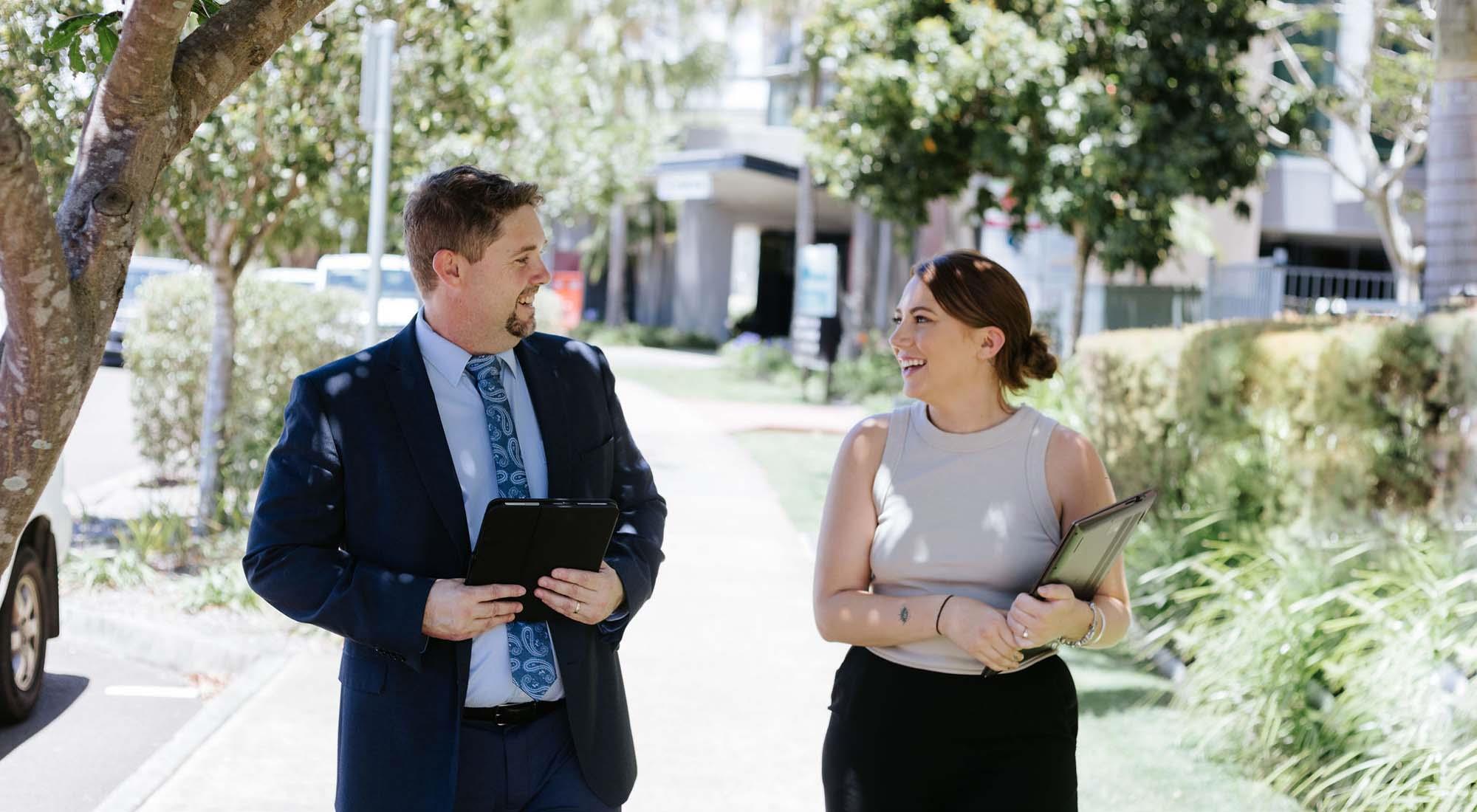What is considered Domestic and Family Violence?
Posted on 16 May 2022
Domestic and Family Violence
Domestic and Family Violence (DFV) can affect all people. The saying “you never know what goes on behind closed doors” is highly relevant when thinking of DFV. Whether you are a young or an older person, we all have a right to feel safe, heard and respected. No matter the circumstances, DFV can be frightening and dangerous - even when no physical harm has occurred, there is always the potential that the abuse will escalate. The law recognises the importance of this and has legislation in place to protect against violent behaviour.
How is Domestic and Family Violence (DFV) defined?
DFV is behaviour by a person that is violent, threatening, or other conduct that coerces or controls another member of that person's family or causes the family member to be afraid. Specifically, domestic violence refers to when the abuser is violent towards their partner, whereas family violence encompasses all family members.
In Queensland, what specifically is considered domestic and family violence?
Section 8 of the Domestic and Family Violence Protection Act 2012 describes the meaning of Domestic Violence as:
(1) "Domestic violence" means behaviour by a person (the "first person") towards another person (the "second person") with whom the first person is in a relevant relationship that—
(a) is physically or sexually abusive; or
(b) is emotionally or psychologically abusive; or
(c) is economically abusive; or
(d) is threatening; or
(e) is coercive; or
(f) in any other way controls or dominates the second person and causes the second person to fear for the second person’s safety or wellbeing or that of someone else.
(2) Without limiting subsection (1), domestic violence includes the following behaviour—
(a) causing personal injury to a person or threatening to do so;
(b) coercing a person to engage in sexual activity or attempting to do so;
(c) damaging a person’s property or threatening to do so;
(d) depriving a person of the person’s liberty or threatening to do so;
(e) threatening a person with the death or injury of the person, a child of the person, or someone else;
(f) threatening to commit suicide or self-harm so as to torment, intimidate or frighten the person to whom the behaviour is directed;
(g) causing or threatening to cause the death of, or injury to, an animal, whether or not the animal belongs to the person to whom the behaviour is directed, so as to control, dominate or coerce the person;
(h) unauthorised surveillance of a person;
(i) unlawfully stalking a person.
Know your rights
Victims of DFV are protected by law. If you are experiencing domestic or family violence, you can apply for a Domestic Violence Protection Order (DVPO). An order will restrain the perpetrator from contacting or hurting you. A DVPO can include children as a protected person – if they have been exposed to or threatened with violence.
It’s best to seek legal advice when considering an application for a DVPO. Without engaging a legal expert, the application process can be daunting (emotions may run high) – especially when appearing in court and seeing the perpetrator.
By engaging a lawyer from the beginning of the proceedings, you can alleviate unnecessary stress and increase the likelihood of a positive outcome, as a lawyer understands what is required for the court to be satisfied that a DVPO should be made.
If you cannot afford a lawyer, you may be able to apply for Legal Aid; this Queensland legal service helps financially disadvantaged people with criminal, family, and civil matters. Omnia Legal is a Preferred supplier of Legal Aid.
If you are currently in a violent situation, there are many services to help.
1800RESPECT: 1800 737 732
DVConnect Womensline: 1800 811 811
DVConnect Mensline: 1800 600 636
Sexual Assault Helpline: 1800 010 120
Kids Help Line: 1800 55 1800
Lifeline: 13 11 14
If you believe you or your children are in immediate danger, please call 000.
For further advice about your protection order matter, please contact the Omnia Legal Family Law Team at (07) 5415 0248.
This article provides general information on legal topics for educational purposes only, and should not be considered legal advice or recommendations. While we have taken care to ensure accuracy, Omnia Legal is not responsible for any errors, and makes no guarantees about the accuracy or completeness of the information. Links to third-party websites do not constitute an endorsement, and we are not liable for any damages that may result from using inaccurate or incomplete information. It's always best to seek legal advice for specific situations.

